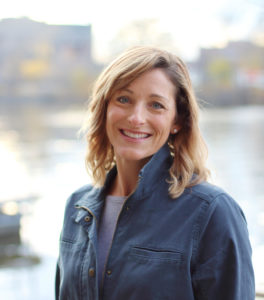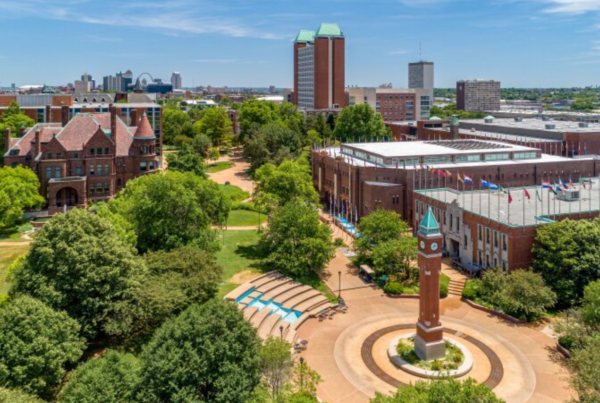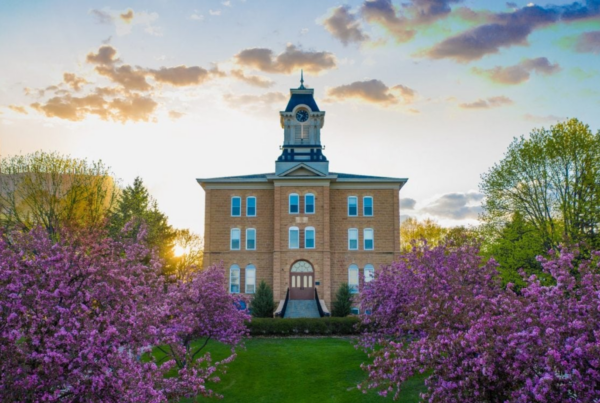 By Liz Jackson
By Liz Jackson
One of the components of the college admissions process that is most often misunderstood is how decisions actually get made. Students work really hard to put together thoughtful essays and to carefully complete their applications. Teachers and counselors dutifully submit transcripts and letters of recommendation. But then what happens next can feel a little like a black box. Who reads the materials, and how do they evaluate them? Why do students who present similar credentials sometimes get different results?
Even though the admissions process can seem mysterious, it is a fundamentally human process. It is easy to picture applications being stamped “admit” or “deny” by machines, but really it is regular human beings who collaboratively shape the incoming freshman classes at their universities and determine which applicants will be successfully admitted. Because decisions are made by real-live people, and also depend on the priorities of the college each year, there are many, many factors that contribute to which students gain admission.
One of the ways I have best come to understand the intricacies of the admissions process is by participating in admissions case studies–events presented by admissions offices, which lead participants through a mock admissions committee review. As participants, we read through complete admission files, and we learn more about what our fictitious college’s priorities are. And then we have to decide among the files who will be admitted, denied, or waitlisted. Almost always, those choices are very difficult. And almost always, different participants will have different opinions about which applicants should make the cut. I may prefer to admit a recruited athlete who had a difficult junior year due to the death of a parent, while another committee member may prefer to admit the Science Olympiad all-star who will contribute to the university’s research programs. In the end, we will have to come to an agreement, but there are not right and wrong answers.
Attending a case study is one of the best ways to understand how these mysterious decisions get made, and we are so fortunate to have the opportunity to participate in one next week, along with Union and Skidmore Colleges! Even with fifteen years of college counseling experience, I still learn something every time I participate in a case study, and I know this one will be both fun and informative. More information and registration is available here: https://admissions.union.edu/register/WiscoCases2021Student





